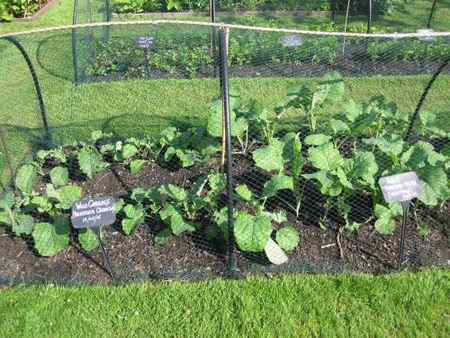
Experts in plant diversity, human nutrition and soil science have been exploring the health benefits of eating wild plants. In addition to a passion for wild varieties of edible plants and highlighting the health advantages of eating existing wild plants, their research could help to improve the nutritional potential of our crops.
Many edible plants often have a bitter taste due to compounds within plants know as phytochemicals. Many of these chemicals have properties that could benefit our health if consumption of fruit and vegetables is increased . Research has shown that the Scottish wild bilberry produces a compound that can help reduce blood sugar levels to a far greater degree than supermarket-bought blueberries. Through a Really Wild Veg project it has been found that higher levels of these phytochemicals are also found in radish, beet and cabbage.
Choosing to grow some ancient or older varieties of crops could benefit your heath, and the increased phytochemical content of these plants mean that they are likely to be resistant to pests without the use of insecticides. However, obtaining seeds for some of these older varieties can be a challenge, and may require ordering from specialist suppliers.
Would you like to read more? Our full blog was originally posted here
This research was conducted by Professor Wendy Russell , Professor Lorna Dawson , and Dr Max Coleman
Research was funded by the Scottish Government
